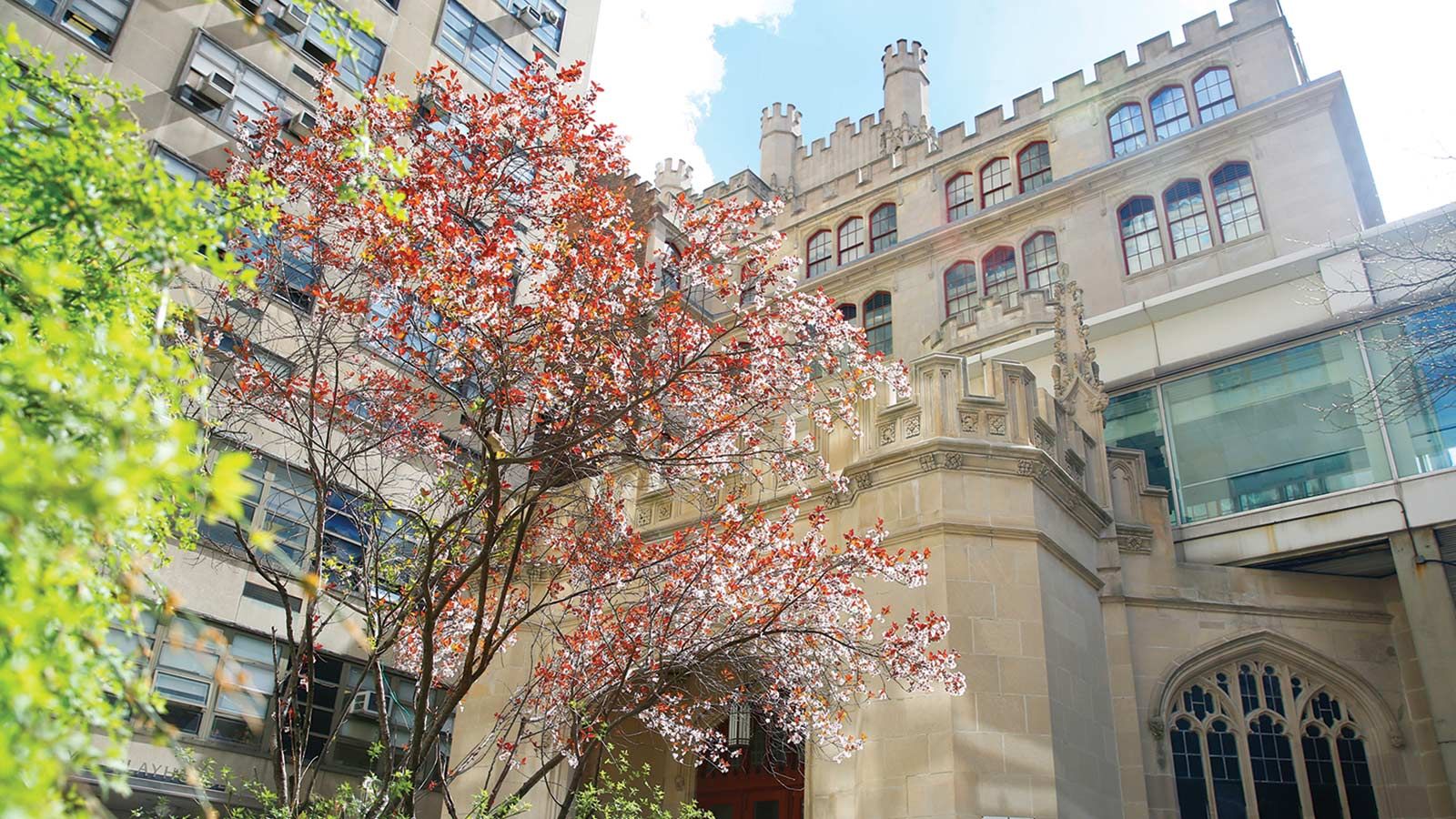Dear Hunter Community,
After extensive consultation with a variety of campus constituencies, Hunter College will continue offering most courses in an online format for Spring 2021 in accordance with the guidance from Chancellor Matos Rodríguez and the City and State. The plan covers activities on four of the College’s campuses including the Main Campus at 68th Street, the childcare facility on the Main Campus, Silberman School of Social Work, the art facility at 205 Hudson Street, and the Brookdale Campus. Other facilities such as Roosevelt House, Parliamo, and our 41st Street buildings will remain closed. As we continue to plan for reactivating our research facilities, in-person instruction, and other activities, we will share updates on this website. Through all of our planning, the health and safety of our community has been our priority.
We are offering limited on-site instruction, particularly in the following areas: lab sciences; studio art, and performance arts; and clinical training.
In consultation with our Planning Committee and Student Services team, we reopened limited areas to support student learning and development, including the Student Success area of the library, a limited number of computer labs and study spaces, the food pantry, music practice rooms, art studios, and other areas supporting creative activity. We understand that our students are learning more from in-person instruction and activities, and we plan to accommodate limited access on campus in a manner that meets all State and University safety and physical distancing guidelines. This includes protocols that follow the strict guidelines of the New York State Department of Health as well as increased cleaning and sanitation procedures. Hunter College has also opened our Brookdale Dorms and, through CUNY, students living in the dorms participate in a random testing program to ensure everyone is able to live together safely; rooms are available in the dorms-sign up here.
All staff, students, and faculty who arrive on campus will need to take an online safety training course and complete a health screening survey each day before arriving on campus. There are hand sanitizers and physical-distancing signage across campus.
Supporting students, while taking every possible step to ensure their health and safety, remains our highest priority. We have added a new counselor to our team of mental health professionals and introduced support groups specifically for students affected by COVID-19. We know that for many students, COVID-19 has created financial uncertainty, and so we are reaching out to make sure they know they can apply for financial aid to ensure they receive as much assistance as possible. We are also making more scholarship funds are available to help students stay in school and continue their studies. Our mobile food pantry is also distributing food, feminine hygiene products, and other supplies necessary for student success.
We understand that for many students remote learning requires adjustments to their usual study habits. Hunter faculty and staff will continue to be available to assist students and provide the support they need to participate successfully in classes online. We are also offering students the technological support they need to complete their courses, like laptops, Wi-Fi assistance, and the materials and software they would usually access while on campus.
We are continuing to work with our dedicated faculty to provide them with training and resources to support top-quality online instruction. In addition to courses developed by CUNY and SPS, we have also developed a robust menu of in-house training options for Hunter faculty and provided compensation for this work. We are endeavoring to provide faculty with both the hardware and software they need, as well as limited access to specialized campus spaces to record or prepare classes to ensure their success in remote instruction. We have also opened the Children’s Learning Center to the children of faculty who are participating in on-campus activities.
Hunter remains committed to supporting students, faculty, and staff, whether virtually or in person, as they continue to advance higher education in these uniquely difficult times.
Sincerely,
Jennifer J. Raab


